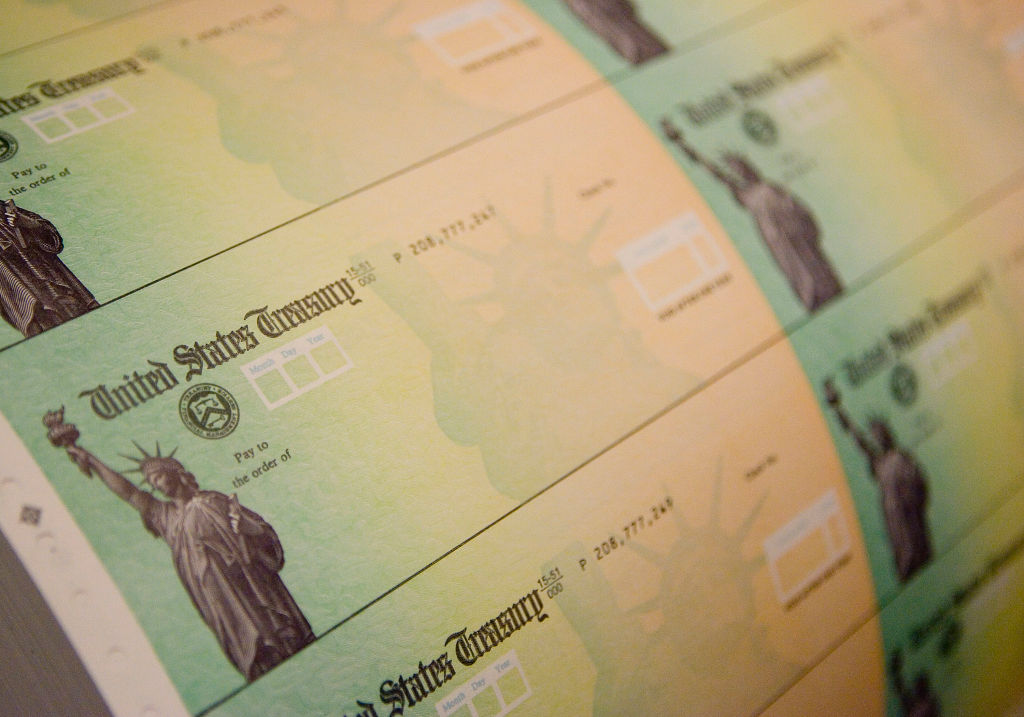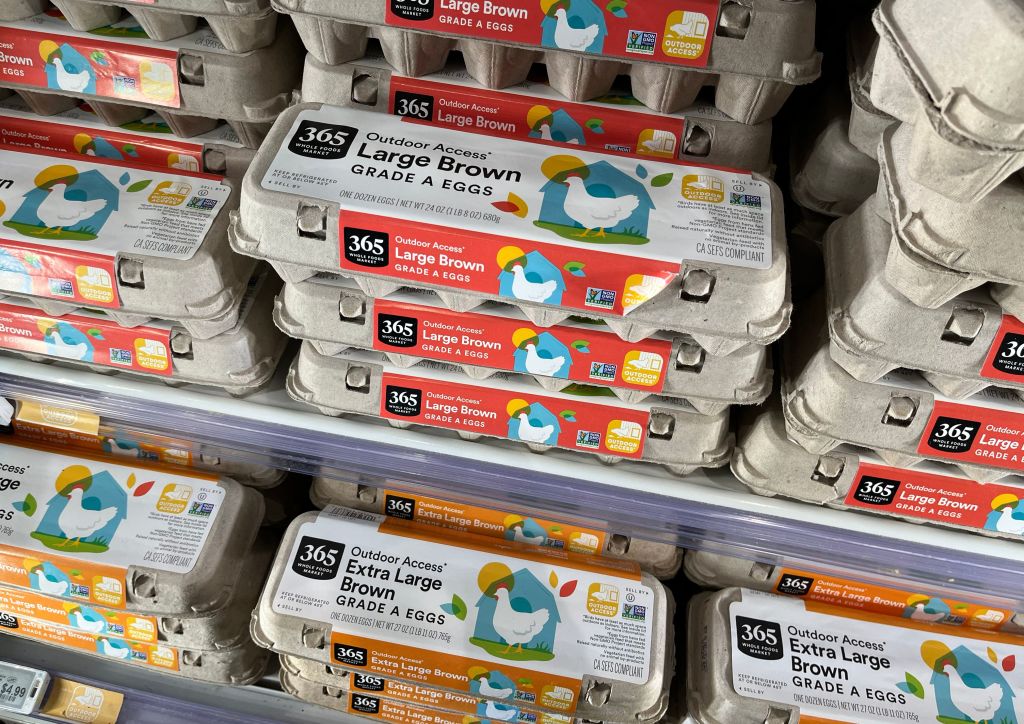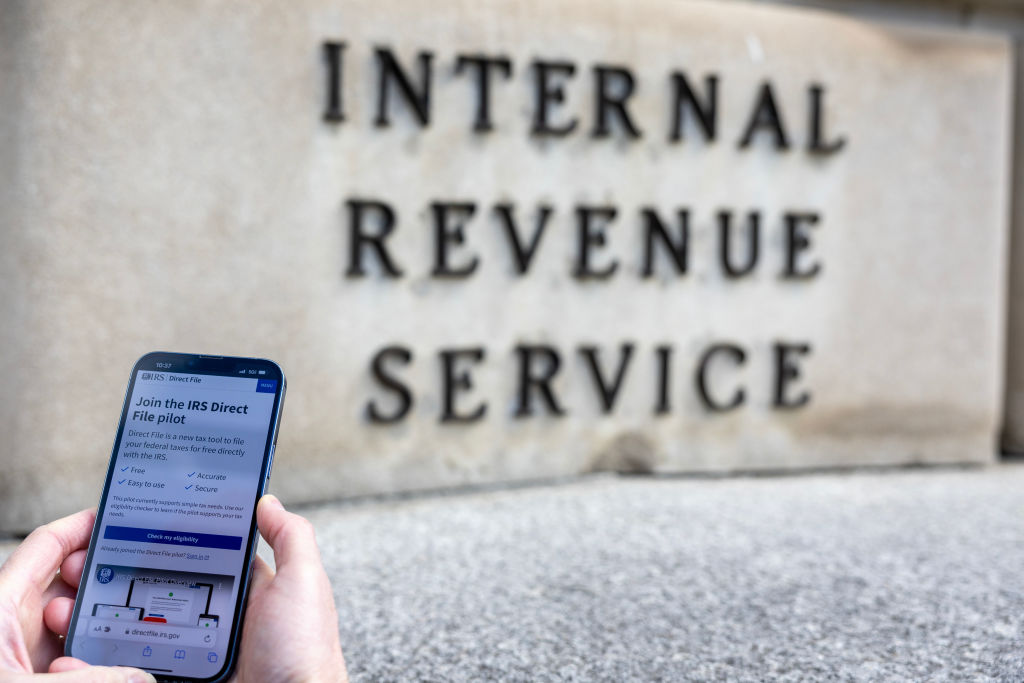As Copper M&A Wars Escalate, Solaris Resources' Warintza Project Stands Out
The mining industry has been busy with mergers and acquisitions (M&A) activity in recent years, and 2024 has been one of the busiest. Major mining companies are all vying for a piece of the action in the promising copper sector. As the global push towards electrification and clean energy intensifies, the demand for copper—a critical component in electric vehicles, renewable energy systems, and infrastructure—is expected to soar. This has sparked even more interest from mining giants looking to secure their position for production.
Jul 18, 2024 03:33 AM EDT


Amin Makhlouf: Redefining Real Estate Transactions with Digital Innovation
In an industry often rooted in tradition, Amin Makhlouf brings a fresh perspective, combining youthful energy with groundbreaking ideas in real estate. As the founder of Makyee, he's transforming the way properties are bought and sold in Dubai, aiming to make these processes more accessible, efficient, and transparent.

Fed's Powell Hints at Rate Cuts with Strong Economic Data
Fed Chair Powell hints at potential rate cuts amid strong economic data, signaling a shift in monetary policy to support continued growth and stability.

Employers Rethink Financial Wellness Programs to Address Worker Needs
Traditional financial wellness programs are failing to meet the needs of today's workforce.
Latest News

Rentflation Continues to Threaten Brick-and-Mortar Businesses
Soaring rent is squeezing small businesses, with costs doubling in some areas. While wage growth offers a glimmer of hope, many shops struggle. Will brick-and-mortar stores survive?
Jul 10, 2024 11:32 AM EDT

House Set to Vote on Overturning Biden’s Veto of Crypto Bill SAB 121
US House debates overriding Biden's veto of a crypto-related bill affecting SEC's SAB 121, balancing investor protection and industry regulation.
Jul 09, 2024 03:20 PM EDT

S&P 500, Nasdaq Stocks See Record Gains Ahead of Fed Chair's Remarks
US markets rise, hinting at potential interest rate cuts amid key data.
Jul 09, 2024 03:30 PM EDT

Social Security Checks Up to $4,873 Will Be Released to Around 70 Million People This Week
Social Security retirees with birthdays between July 1-10 get their payments this Wednesday.
Jul 09, 2024 02:23 PM EDT

US Crude Oil Prices Dips 1% as Beryl's Bluster Barrels Market
US oil futures dip as Tropical Storm Beryl sparks fears of disruption to Gulf Coast oil production and refining. Will gas prices follow suit?
Jul 09, 2024 02:22 PM EDT

Is Mr. Black Being Silenced by X in His Mission to Bring About the Messianic Age?
The enigmatic artist Mr. Black, known for his cryptic street art and ambitious 21,000-piece ordinal collection on the Bitcoin blockchain, claims that the Messianic Age will be revealed once the collection is fully minted. However, recent developments suggest that Mr. Black might be facing censorship on the social media platform X, formerly known as Twitter.
Jul 14, 2024 09:10 PM EDT

$12,000 Stimulus Checks: Is It Confirmed? Check Other Resources for Financial Assistance
Rising costs squeezing your budget? While a $12,000 stimulus check is unconfirmed, explore alternative financial resources.
Jul 08, 2024 12:57 PM EDT

Leafy Greens, Eggs Lead Grocery Price Increases
Surging lettuce and egg prices highlight broader grocery inflation trends. . Eggflation has returned.
Jul 09, 2024 02:25 PM EDT

Weak GDP Growth May Signal Time to Reassess Your Budget
Weak GDP growth can impact your finances and now is the perfect time to reassess your budget. Get practical tips for financial planning during economic uncertainty and ensure your financial stability.
Jul 08, 2024 01:40 PM EDT

Financial Illiteracy Leaves Americans Vulnerable to Billions in Scams
Scammers are stealing billions from Americans every year. This surge is fueled by a lack of financial literacy.
Jul 08, 2024 09:29 AM EDT

Will Home Prices Tumble? Market Faces Cooling Signs, Not a Crash
Home price chills but no crash! Here are signs of a cooling housing market and why a repeat of 2008 is unlikely.
Jul 07, 2024 10:48 AM EDT

Will 14% Hike Stop the Bleeding? Florida Grapples with Insurance Crisis
Florida homeowners face a perfect storm as rising insurance costs and a shortage of carriers willing to offer coverage threaten the state's housing market. A 14% rate hike by Citizen's Property Insurance Corporation underscores the crisis.
Jul 07, 2024 10:13 AM EDT












